Lee Jae-myung elected South Korea’s next president after snap vote
South Korean opposition leader Lee Jae-myung has won a snap presidential election, securing a decisive victory after months of political turmoil sparked by the ouster of former president Yoon Suk Yeol. His presidency marks a potential return to stability for the US ally amid economic and geopolitical challenges.
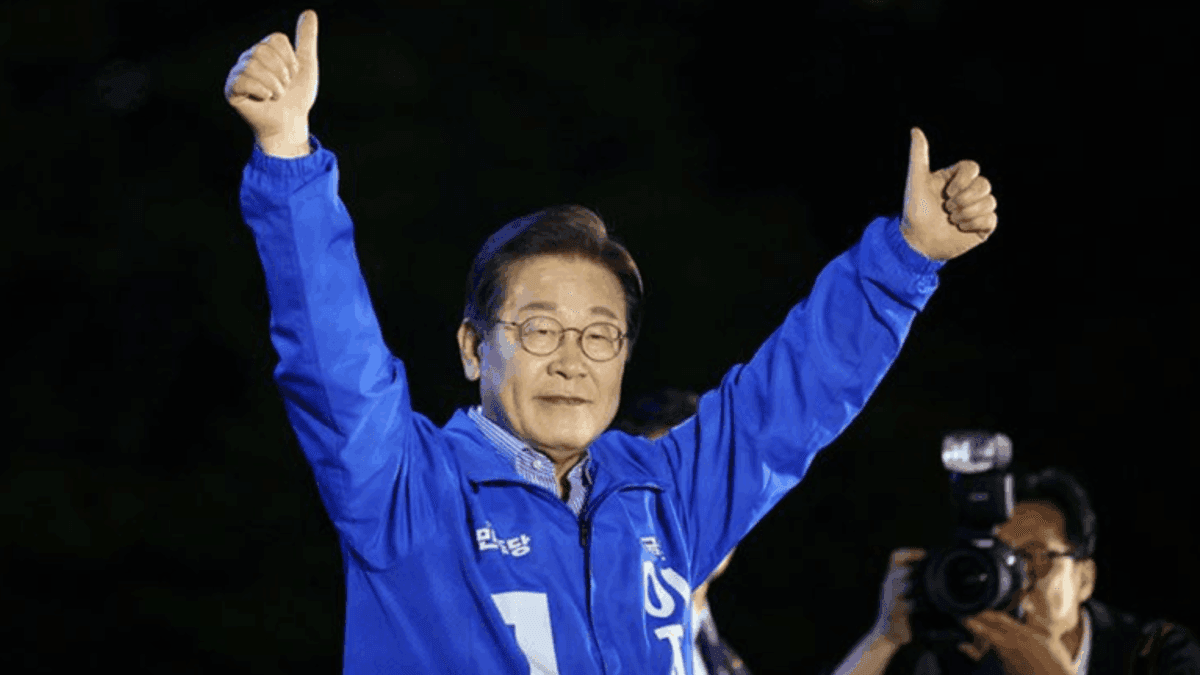
- Opposition leader Lee Jae-myung wins presidency in 3 June snap election.
- Victory comes after former president Yoon Suk Yeol was impeached following a martial law crisis.
- Turnout reached 80%, highest since 1997.
- Lee pledges economic reform, limits on presidential powers, and democratic safeguards.
- Faces ongoing legal cases but denies wrongdoing.
- Presidency begins amid economic strains and complex relations with US, China, Japan, and North Korea.
Opposition leader Lee Jae-myung will become South Korea’s next president following a decisive victory in a snap election on 3 June 2025.
With more than 99% of votes counted, Lee led his rival Kim Moon-soo of the ruling People Power Party by over 2 million votes, according to the National Election Commission. Kim conceded defeat early on 4 June, congratulating Lee and saying he would “humbly accept the people’s decision.”
Election after constitutional crisis
The vote came six months after former president Yoon Suk Yeol declared martial law, triggering a constitutional crisis that culminated in his impeachment and removal from office in April.
Since then, South Korea has endured a period of leadership uncertainty, with interim leaders struggling to govern effectively. Analysts say Lee’s win signals a return to political stability in a key US ally and one of the world’s largest economies.
Lee pledges reform and stability
Addressing supporters in Seoul, Lee stopped short of an outright victory declaration but promised to “restore the economy” and safeguard democracy from future military coups.
“I am the person with a very high chance to be your next president,” he told the crowd.
Voter turnout was nearly 80%, the highest since 1997, underscoring public demand for stability and accountability.
Celeste Arrington, a political science professor at George Washington University, described the result as “a return to normal politics,” noting Lee’s Democratic Party already controls the legislature.
A turbulent political journey
Lee’s rise is marked by both resilience and controversy. Born into poverty, he became a human rights lawyer, then mayor of Seongnam and governor of Gyeonggi Province.
He narrowly lost to Yoon in the 2022 presidential race and survived an assassination attempt in January 2024, when he was stabbed in the neck during a public event in Busan.
During Yoon’s martial law decree, Lee livestreamed himself jumping over a fence to enter the National Assembly and cast his vote against it — a moment that bolstered his reputation as a defender of democracy.
On the campaign trail, he promised reforms including limiting presidential powers to declare martial law, revising the constitution to allow two presidential terms, and boosting small businesses and AI development.
Controversy and legal hurdles
Despite his win, Lee remains a divisive figure. He faces several ongoing legal challenges, including bribery and property scandal allegations, as well as a conviction for making a false statement during a 2022 debate, which is under appeal.
Lee denies all wrongdoing, calling the cases politically motivated.
Park Chan-dae, acting leader of the Democratic Party, framed the election as “people’s fiery judgement against the insurrection regime.”
Regional and global stakes
Internationally, Lee steps into office at a critical time. South Korea faces sluggish domestic demand, rising costs, and strained trade relations.
Talks are ongoing with Washington over tariffs imposed by former US president Donald Trump, including 25% duties on South Korean exports. Lee’s team has pledged to rebuild trust with the US while balancing ties with China and Russia.
His advisers also say he will seek peace on the Korean Peninsula through engagement with Pyongyang, while maintaining trilateral cooperation with Tokyo and Washington. Unlike past progressives, Lee avoided anti-Japan rhetoric during the campaign, signaling continuity in security partnerships.
Lee could be inaugurated as early as Wednesday, 5 June. His leadership will be closely scrutinised in the weeks ahead as South Korea navigates pressing domestic and global challenges.


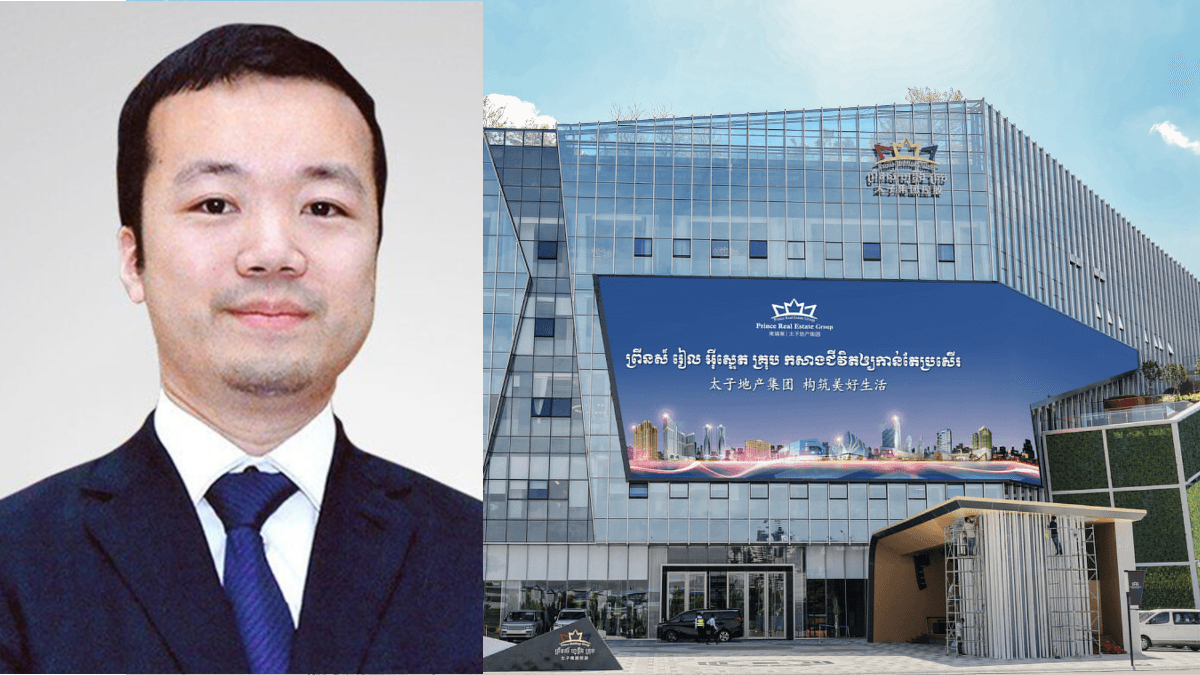
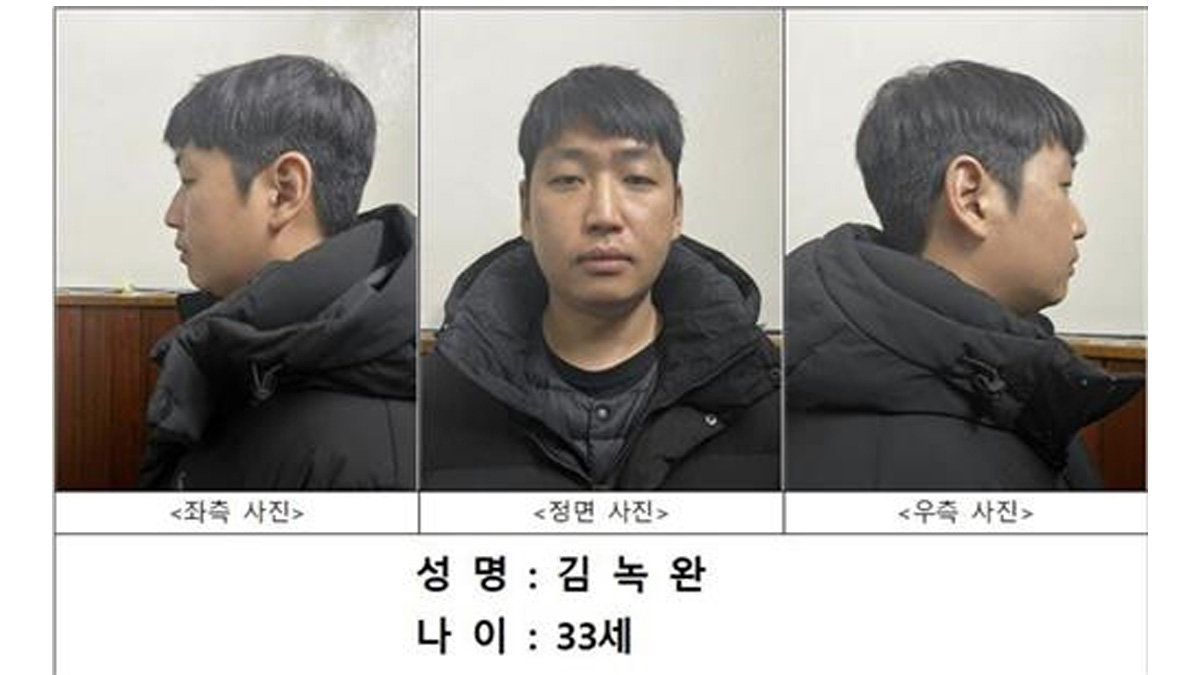
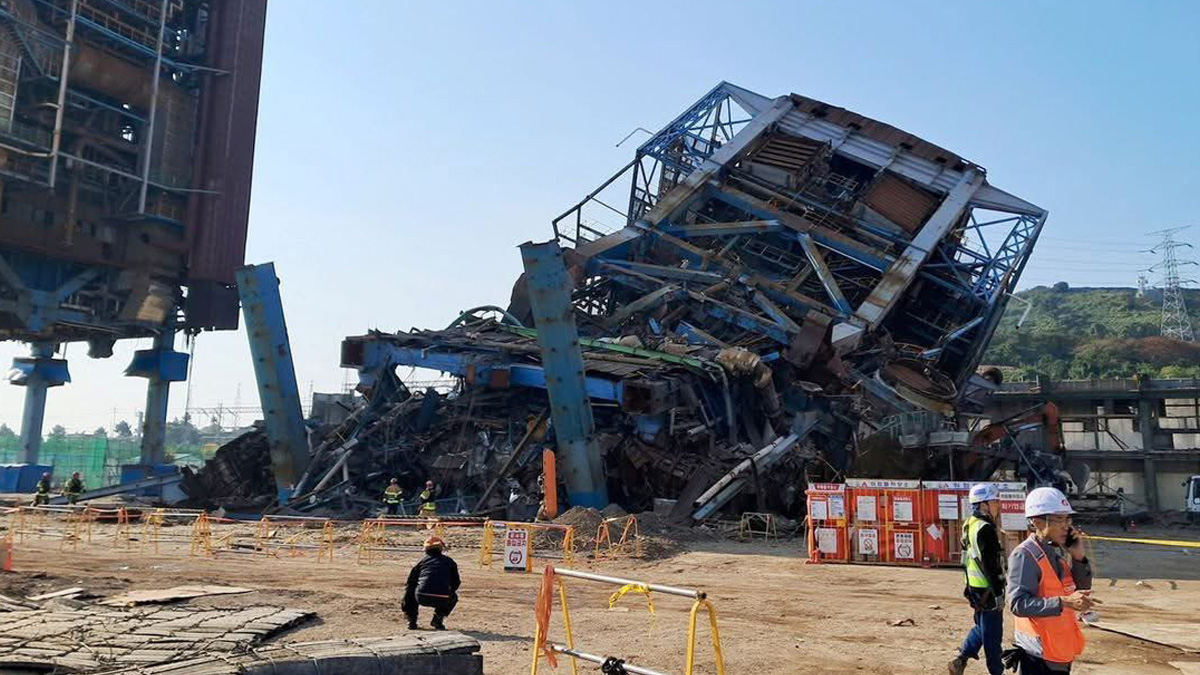
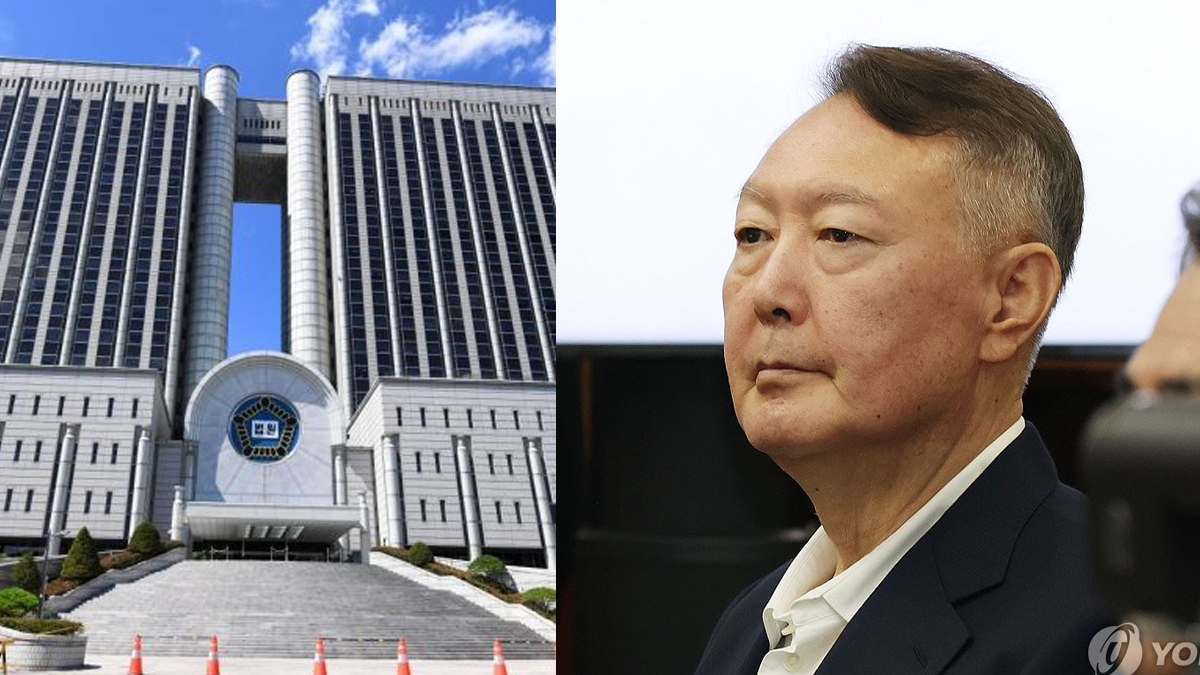
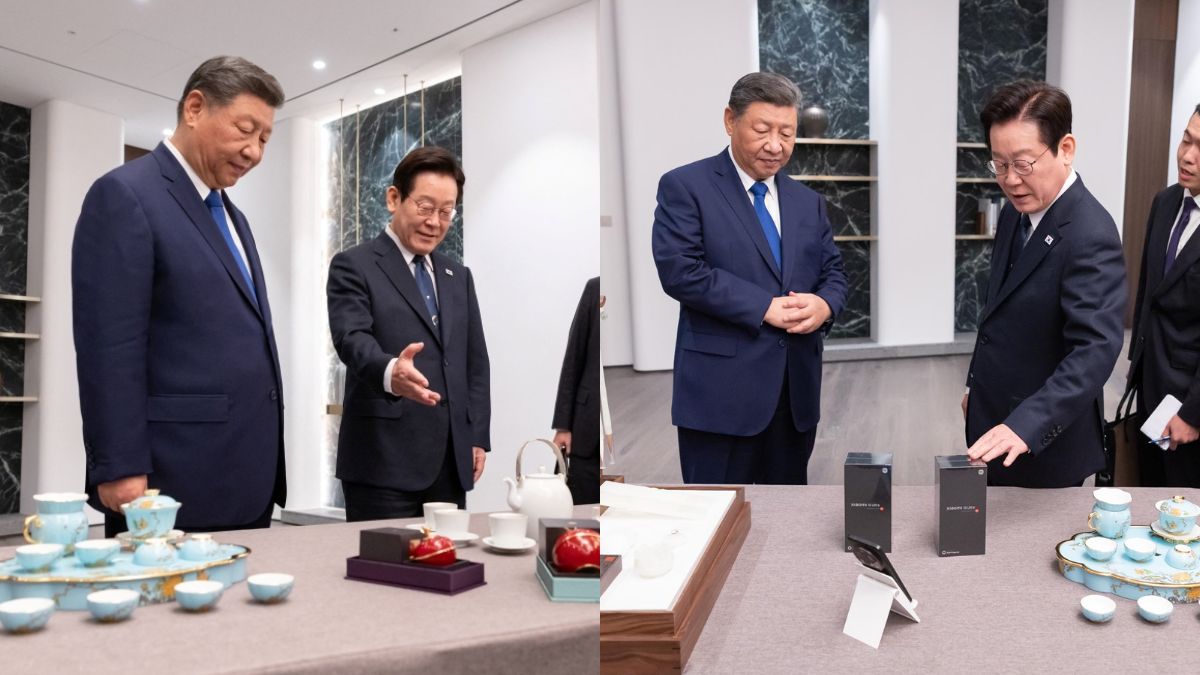
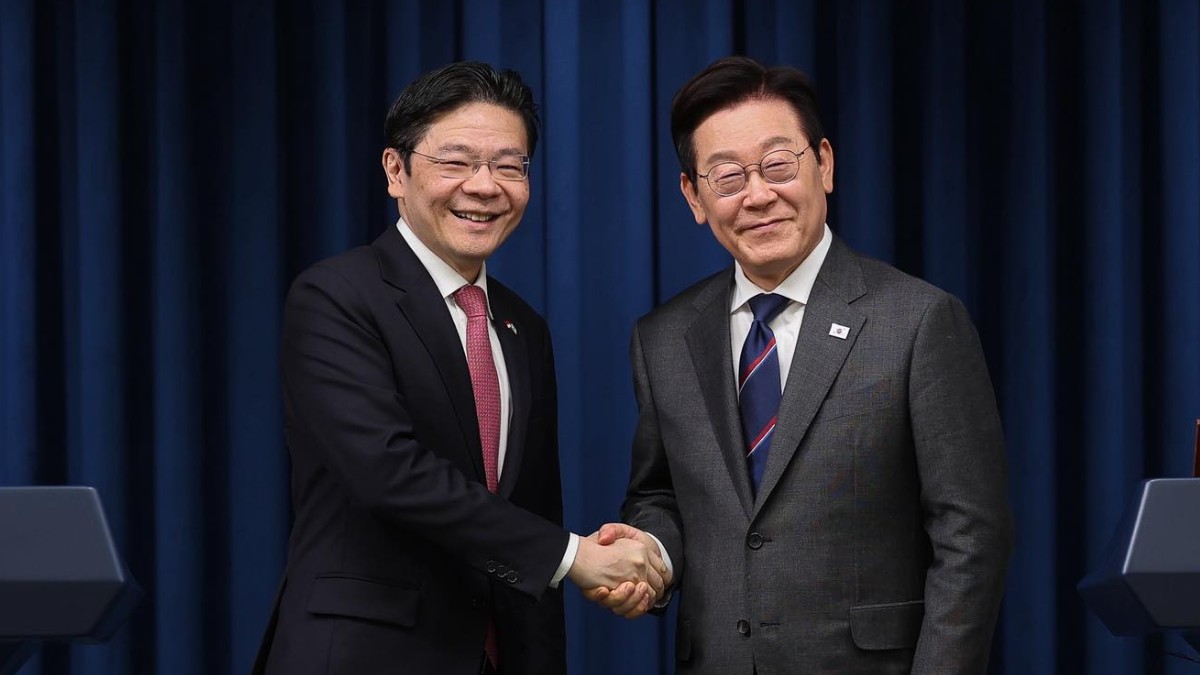
0 Comments